Jurassic World: Fallen Kingdom is the sequel that premiered three years after the release of Jurassic World, a “kind of reboot” for the franchise. Fallen Kingdom is the fifth installment in the franchise, which was initially created by Steven Spielberg.
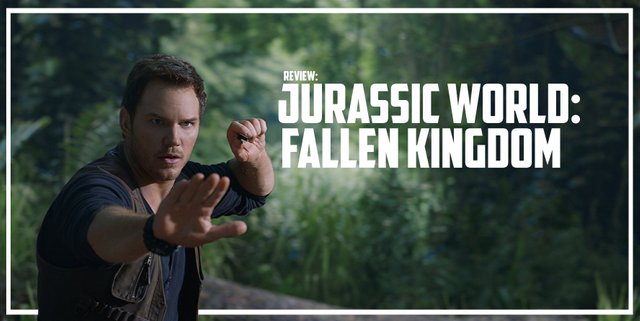
On this occasion, Colin Trevorrow not only took on the role of director, but also worked as a screenwriter and producer, alongside Spielberg and Derek Conolly. Jurassic World: Fallen Kingdom moves away from the action to impregnate its scenes with “terror” and suspense very well carried, placing the dinosaurs as the epicenter of everything.
Bryce Dallas Howard and Chris Pratt are back, obviously with characters that no longer need an introduction, being able to exploit the relationship between the characters they play, now under a much more marked imposition of terror and suspense than in its prequel.
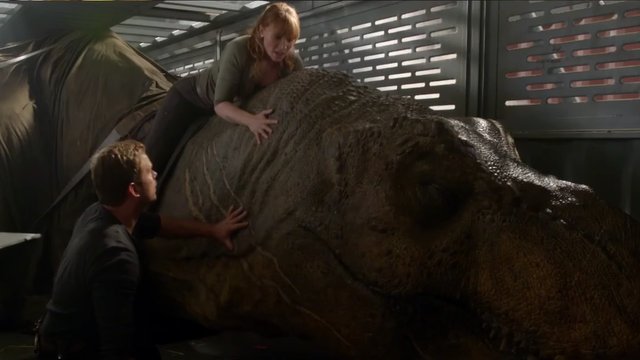
The story, as well as the difference between the premiere of both films, is located 3 years after the events of Jurassic World. Isla Nublar was completely uninhabited by humans and dinosaurs dominate the entire place. However, the territory is in danger at the mercy of a volcano that is about to erupt and society enters a dilemma: whether to act to save them or let nature itself extinguish them for the second time in 65 million years.
Claire Benning, who now leads an NGO with the goal of protecting dinosaurs, receives a call from Eli Mills, one of the new characters in this sequel, who is the representative of Benjamin Lockwood, a former partner of John Hammond, and leaders of the first projects in genetics. Mills and Lockwood ask the former park worker to lead an expedition to rescue as many dinosaurs as possible and move them to a safe island, where they can live without the interruption of humans. A clear and concise metaphor that can be applied to the fauna of the entire planet and the constant fight of activism to save endangered species, although in this case they are creatures that can cause more than damage to the ecosystem if they get out of control.
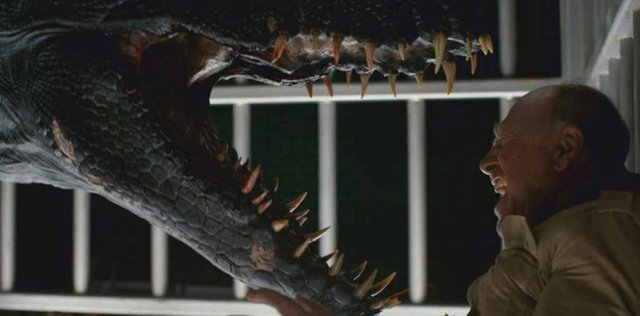
If Jurassic World was very similar to Jurassic Park, Fallen Kingdom does the same but with The Lost World, in terms of story structuring and location enforcement. However, this film can be divided into two acts, not only because of its script, but because the tone of it makes a sharp turn.
If you place so much emphasis on spoilers, the film in its first half makes for a Jurassic fan service, using a lot of CGI and placing dinosaurs outrageously. Throughout the entire franchise, we've seen dinosaur stampedes, but Jurassic World: Fallen Kingdom takes it to a new level, not only because of the number of dinosaurs they staged, but because the island is also spitting lava.
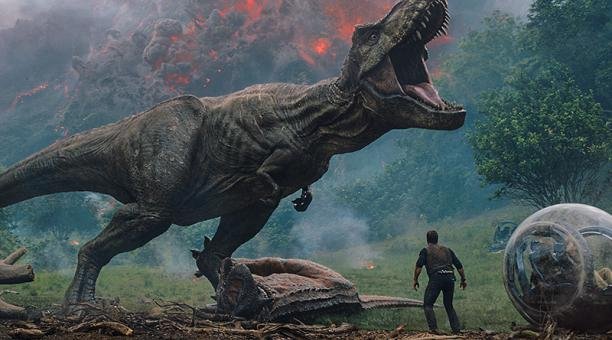
During the second half, the film slows down considerably. This slump feels like a hit to the face and without warning, but the suspense scenes are well worked out. If the previous installment had a new dinosaur, Fallen Kingdom was not going to be left behind. After the Indominus Rex makes the Indoraptor appear, a true killing machine does not shine because of its enormous size but because its instinct prevails over all things.
As in most of the sequels, Jurassic World: Fallen Kingdom, suffers from half-placed ends to be solved is a third installment. Although its closure opened a fairly large path, the resolution of the protagonists and some secondary characters is half cut and in other cases forced.
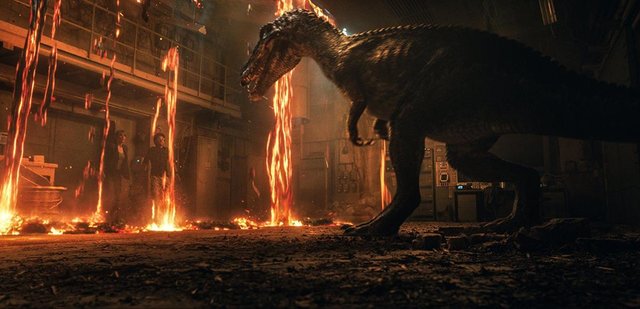
Whoever stands out the most in this movie is Dallas Howard. His character does not resemble the characteristic stereotype of Jurassic World. Chris Pratt puts most of the action scenes back on his shoulders and manages to prove that he can be a functional poly actor, even if it costs a lot not to see him as Star-Lord.
The new secondary characters are a good success, and if they have more or less relevance to the story, they manage to enter fluently. The two main additions are Daniella Pineda and Justice Smith, who play Zia and Franklin respectively. Isabella Sermon makes her big screen debut with this movie, she plays Lockwood's granddaughter. With their participation, the children's element that is repeated in each Jurassic Park/World is achieved, although it plays a key role indirectly.
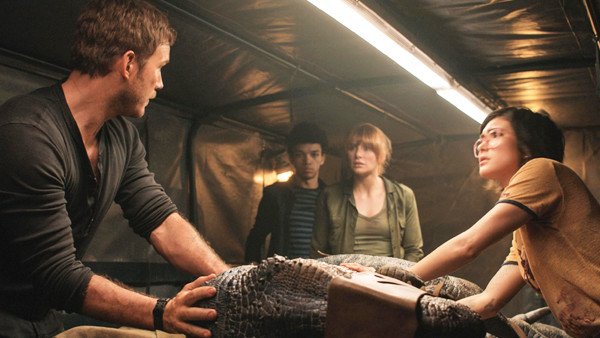
Jurassic World: Fallen Kingdom is one step further in the franchise. But being the second part of a "trilogy" played a little badly for him, leaving open several complex story arcs but that give free space for a strong narrative in future productions. The rhythm changes can feel a bit abrupt and the common thread breaks in the last quarter of the film, but in general terms it is a production that surpasses its delivery in 2015.
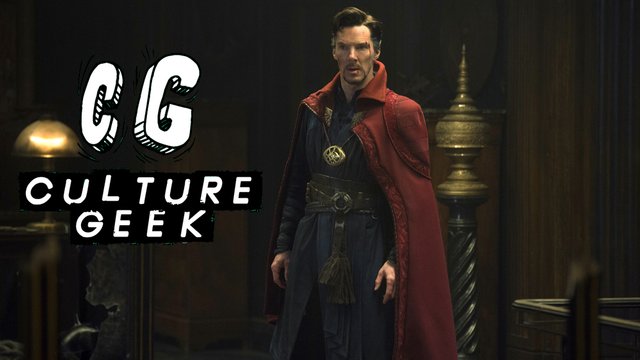
I thought it was ok. The ball falling into the ocean scene was one of the most tense J. Park moments in the franchise's history if you ask me, but that is probably because I have a rather intense fear of drowning.
Downvoting a post can decrease pending rewards and make it less visible. Common reasons:
Submit